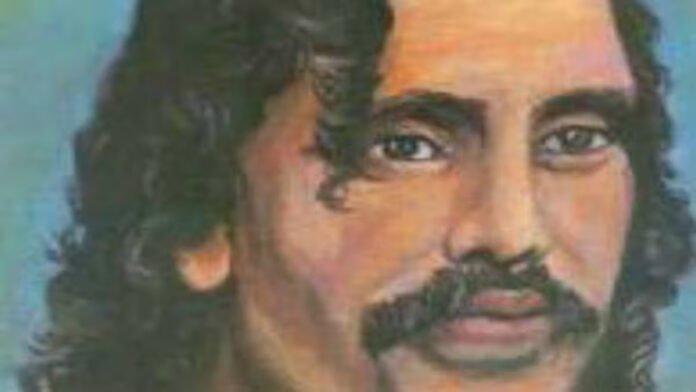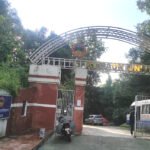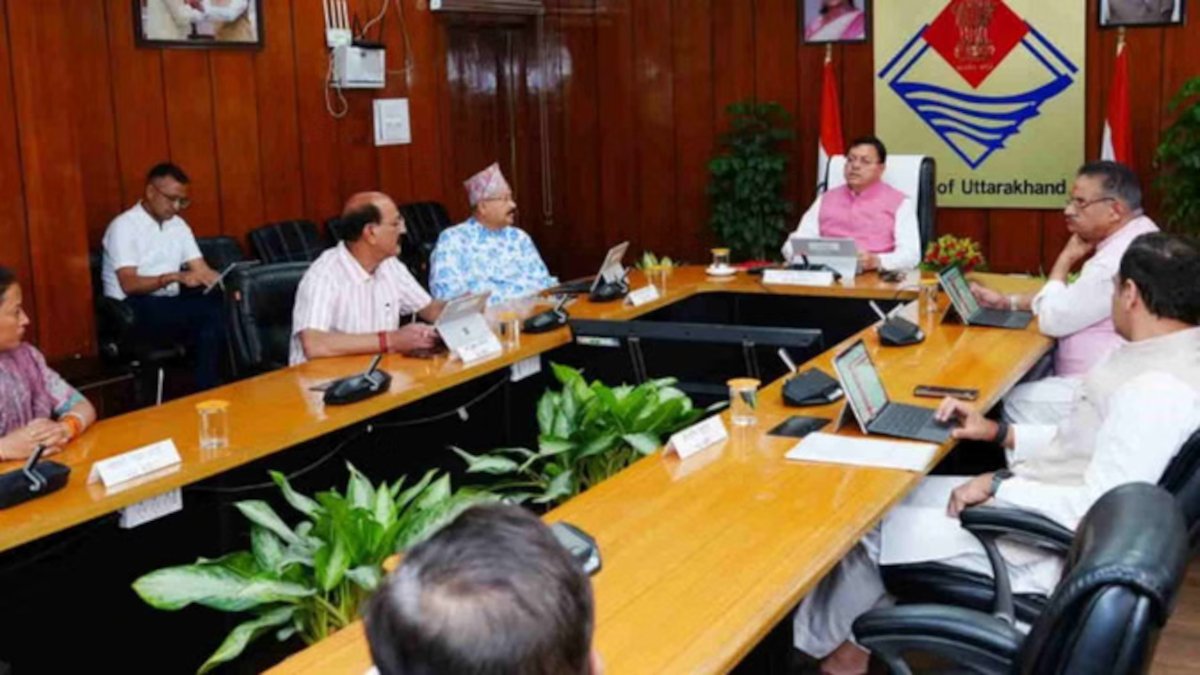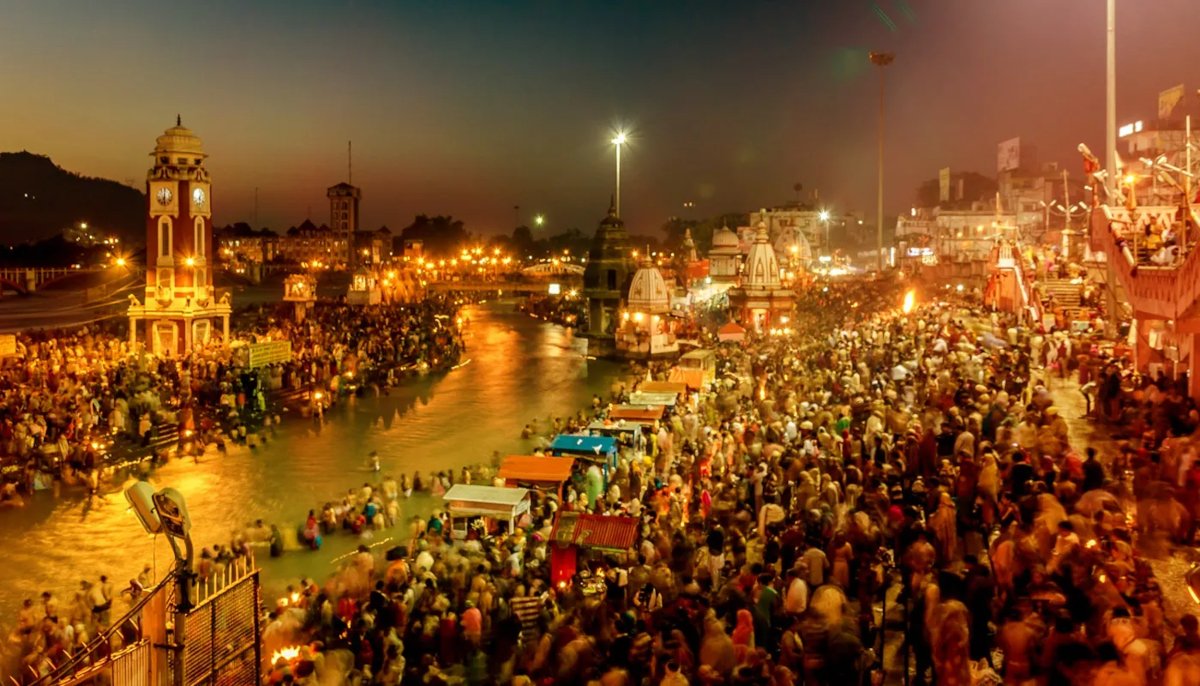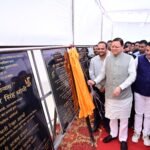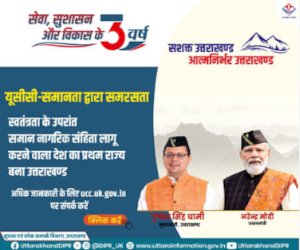Chief Minister Pushkar Singh Dhami today paid tribute to the great writer Bharatendu Harishchandra on his birth anniversary. In a post on the social media platform X, the Chief Minister honoured the literary figure for his immense contributions to the Indian Renaissance and for giving modern Hindi literature a new direction.
The Chief Minister’s post highlighted Bharatendu’s pivotal role in elevating Indian literature and declared that his legacy is unforgettable. The tribute underscores the state’s recognition of his historical importance as a cultural and literary reformer whose work laid the groundwork for a new era in Indian arts and letters.
The Story of Bharatendu Harishchandra
Born on September 9, 1850, in Varanasi, Bharatendu Harishchandra is widely revered as the “Father of Modern Hindi Literature and Theatre.” Despite living a short life, passing away at the age of just 34, his influence on Hindi prose, poetry, and drama was profound and lasting. He was a visionary who championed the use of Khari Boli, a dialect of Hindi, as a vehicle for modern literary expression, at a time when Urdu was the dominant language in official circles.
Bharatendu’s literary career began at a very young age, and he quickly emerged as a multi-talented writer, journalist, and social reformer. He used his pen to address a wide array of social and political issues, including poverty, the plight of women, and the exploitative nature of British colonial rule. His works were a powerful reflection of the social reality of 19th-century India, and his advocacy for social progress was a core theme of his writing.
His contributions extended across various genres:
- Drama and Theatre: Bharatendu is considered a pioneer of modern Hindi drama. He wrote over a dozen plays, using them as a tool to shape public opinion and introduce themes of realism. His most famous plays, such as Andher Nagari (City of Darkness) and Bharat Durdasha (The Misfortune of India), were satirical and critical of both incompetent rulers and colonial oppression.
- Prose and Journalism: He was instrumental in the development of Hindi journalism. He founded and edited several influential magazines, including Kavi Vachan Sudha and Harishchandra Magazine, which provided a platform for budding writers and played a crucial role in modernizing Hindi prose.
- Poetry: His poetry was a blend of traditional forms and contemporary themes. While he composed devotional poetry, he also used verse to express his deep sense of patriotism and love for his nation, advocating for social reforms.
In recognition of his immense services, scholars of Kashi bestowed upon him the honorific title “Bharatendu” (The Moon of India) in 1880. His work marked the end of an older, conventional period of Hindi literature and ushered in the “Bharatendu Yuga,” a new era of literary and cultural revival. His famous quote, “The progress of one’s own language is the root of all progress,” encapsulates his life’s mission and enduring legacy.


